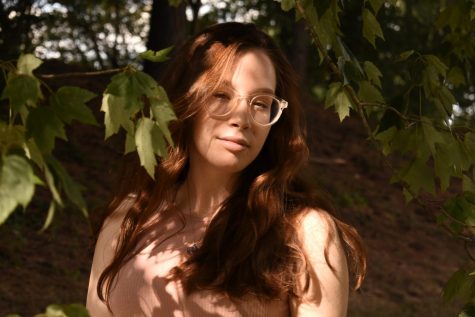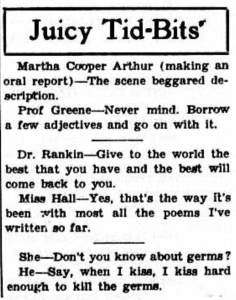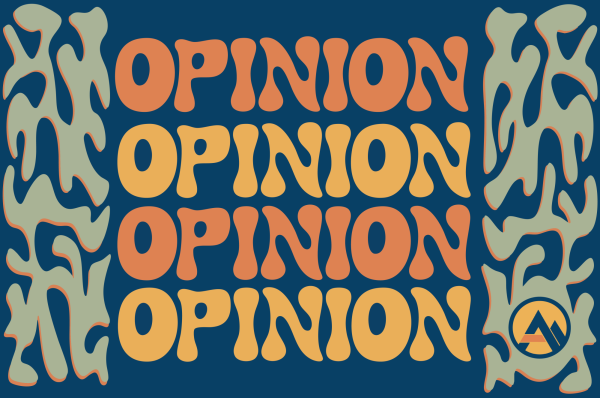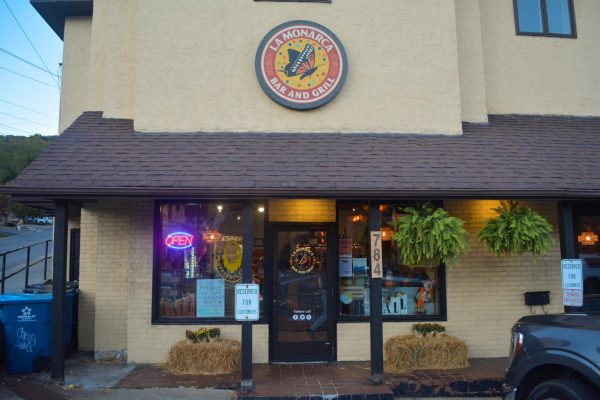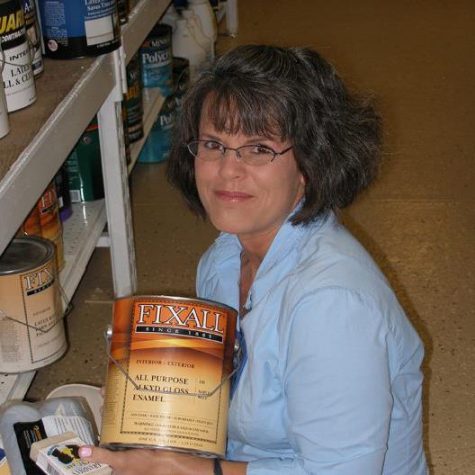National Science Foundation awards biology professor over $600,000 for sea sponge research
November 10, 2019
The National Science Foundation awarded a visiting assistant biology professor over $600,000 to support her research on sea sponges in the Caribbean.
Cara Fiore is collaborating with Amy Apprill, associate scientist at the Woods Hole Oceanographic Institution. Apprill’s lab will participate in field experiments and conduct microscopic-based analyses to examine if and how bacteria use sponge-produced emissions to support their growth and how sea sponges support coral reefs.
“Sponges are filter-feeding organisms that play a major role in the coral reef food web,” Apprill said. “Our goal is to better understand their specific role, which involves examining their intake and processing of carbon as well as understanding if seawater bacteria surrounding the coral are also using the carbon.”
Apprill said the project will bring “exciting” coral reef research to App State and will support a young App State scientist, a postdoctoral scholar and undergraduate students
Fiore and Aprill will also work with Cole Easson at Middle Tennessee State University and Craig Nelson at the University of Hawai’i.
Apprill said she and Fiore will lead the field collection and synthesis of all collected data, Easson will study microbes present in the water column and how the community of microbes change in response to sponge metabolism and Nelson will analyze nutrients in seawater samples.
“We are at an early stage of understanding the flow of nutrients in coral reef ecosystems and the role that sponges have in mediating that flow of nutrients,” Fiore said. “Because of this, it is likely that our research will lead to more testable hypotheses on how the assemblage of species on coral reefs influence which nutrients are available and how different species may interact through this pool of dissolved nutrients.”
Multiple undergraduate students and at least one graduate student will participate in data collection, analysis and dissemination of results.
Student researchers will learn analytical tools and work with other scientists, including a postdoctoral researcher, who will soon be hired at App State to work on the project full time and collaborate with other institutions.
“My goal for all students who work on the project is for them to present their research at a scientific conference, an excellent professional development opportunity,” Fiore said.
Fiore also plans to work alongside Jennifer Geib in the Department of Biology, Marta Toran in the Department of Geological and Environmental Sciences and undergraduate secondary education biology majors to put together an educational activity related to their research project for local middle school students.
“The collaboration allows us to combine our expertise in coral reef sponges, microbiology and chemistry to understand a new a complex question on coral reefs,” Aprill said.
Fieldwork for the project will take place this summer off the coast of the Caribbean island Curaçao.

